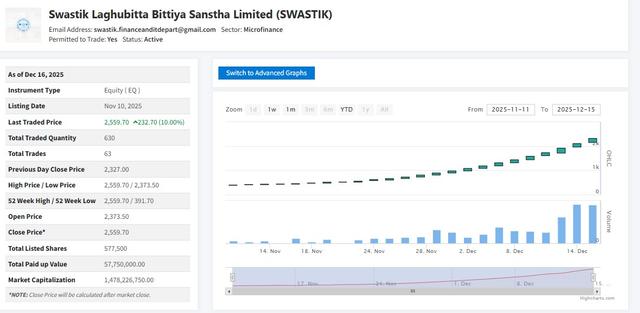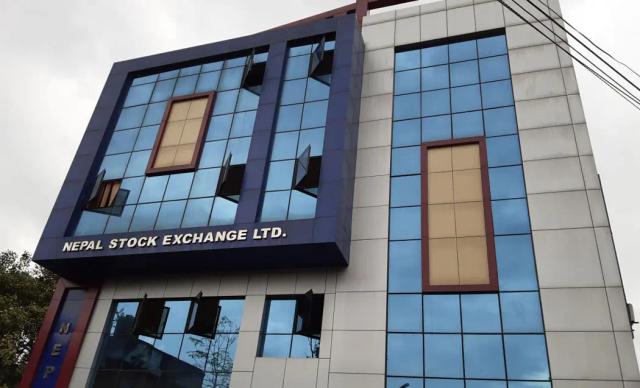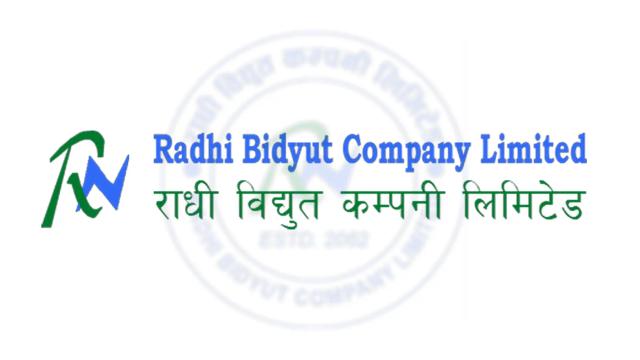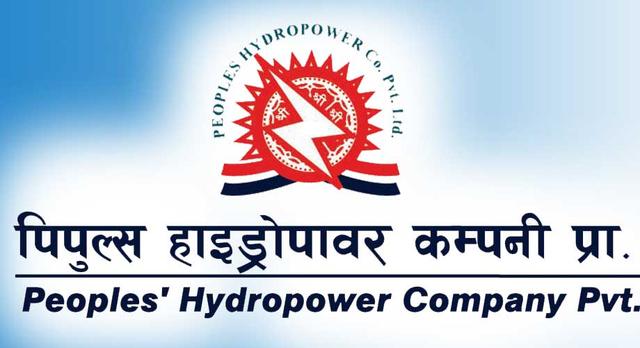Nepal Government Budget Highlights for Fiscal Year 2082/83 (2025/26)
Author
Nepsetrading

BUDGET SUMMARY
Total Budget Size is NPR 1,964.11 billion which comprise of Revenue expenditure of NPR 1,180.98 billion, Capital Expenditure of NPR 407.89 billion and Financial Management of NPR 375.24 Billion.
The government has increased the Dearness allowance to Rs. 5,000 per month for the Government Employees.
Industries that manufacture or assemble electric vehicle charging machines will be granted exemption from excise duty along with the 5 years tax exemption from the Income tax.
The government plans to sell 30% of Nepal Telecom’s shares to the general public.
Taxes on alcoholic beverages, tobacco, and cigarettes have been increased, aiming to discourage consumption of harmful products and promote public health.
The government has allocated Rs. 73 crore (730 million) for startup loans, which will be provided at a concessional 3% interest rate, easing access to capital for new businesses.
To encourage the growth of digital transactions, e-payments will be exempted from Value Added Tax (VAT), making digital payments more attractive and affordable.
Startups with turnover up to Rs. 10 crore (100 million) will be fully exempt from income tax for the period of 5 years encouraging entrepreneurship and innovation.
The development of "Kisan App" and SMS service will be organized to provide regular information to farmers regarding weather forecasts, prices of agricultural produce, and availability of agricultural inputs.
Arrangements will be made to allow the purchase of land in excess of the limitations for industrial, agricultural, farm, and housing apartments. Sales of housing and apartments that were constructed with permission but remained unsold due to limitations will also be allowed.
Legal provisions will be made to allow foreign investors, multinational companies, international organizations, and their branches investing in Nepal to lease buildings or apartments for office or residential purposes.
Nepali entrepreneurs or companies will be allowed to set up sales branches or processing factories abroad by exporting semi-processed materials. They can invest up to 25% of their annual income from exports abroad. 50% of profits earned abroad can be repatriated to Nepal.
The value-added tax (VAT) levied on digital payment services has been abolished.
The scope of the central tax monitoring system will be expanded by increasing taxpayer involvement in the electronic tax system
Required for the industry of seasoning wood and wood-based materials, excise duty exemption will be granted on import in the recommendation of the Department of Mill Machinery Industries.
Excise duty exemption will be granted on the import of machinery, equipment, and tools required for the construction of infrastructure for football, cricket, and multi-purpose stadiums, upon the recommendation of the Ministry of Youth and Sports.
Excise duty exemption will be granted on the import of machinery, equipment, and tools required for green hydrogen production, upon the recommendation of the Ministry of Energy and Water Resources.
The government to review laws related to Value Added Tax (VAT), Income Tax, and Excise Duty to address international changes in tax systems and new business models.
A study will be conducted on its relevance and practical application, taking into account the suggestions received for implementing multiple rates of value-added tax.
Retirement funds previously approved by the Inland Revenue Department shall mandatorily be registered into retirement funds operated by the Employees Provident Fund, Citizens Investment Trust, Social Security Fund, or Pension Fund.
Information technology-based industries, hotels, and resorts will receive income tax and electricity tariff exemptions as special industries.
Major Highlights of Budget 2082/83 (2025-26)
The government has eliminated advance tax on the import of essential items such as food grains, legumes, fruits as well as plants, animals and dairy products aiming to reduce import costs and stabilize prices.
A policy will be adopted to ensure that cultivable land is not left unused. Legal and institutional arrangements will be made for land banks to utilize farmable land. Land banks will be established at at least one hundred local levels in the coming fiscal year.
Deposits of up to five lakh rupees in cooperatives will be protected through the Deposit and Loan Protection Fund.
Arrangements for seed capital to establish a revolving fund to return the amount received by auctioning the assets of those who have misappropriated the cooperative's funds to the savers. The assets and passports of directors, office bearers and loan embezzlers of problematic cooperatives will be frozen.
Bonded warehouse facilities will be provided to industries exporting gold and silver jewelry. Arrangements will be made to enable such industries to purchase gold and silver equivalent to that amount if they receive a minimum advance payment of 50 percent of the export value in foreign currency.
Public services related to industry and business will be made simple, easy and technology-friendly. Arrangements will be made to handle all the tasks from the company’s incorporation to its exit from a single point.
Industries in special economic and industrial zones will receive a rent exemption for the first three years. The monthly rent of special economic zones will be reduced from Rs. 20 to Rs. 5 per square meter. If an industry in an industrial zone exports more than 30% of its production, it will receive similar facilities.
Legal provisions will allow Nepali citizens to receive sweat equity in exchange for providing technology or specialized services to foreign companies.
Partnerships with the private sector will be made for construction, operation, and infrastructure development of data centers. An information technology park will be set up in Kathmandu, and data centers in mid-hills will be explored. Land, power supply, and security will be ensured for both domestic and foreign companies.
An AI Center will be established in collaboration with the private sector for research, application, and expansion of AI and machine learning.
Arrangements will be made to provide labor permits simply. Online labor-related services will be available from all provinces. A new entrepreneurship program will support returnees from foreign employment by providing skills, capital, and technology.
The requirement of a bank guarantee of Rs. 300,000 for obtaining an EXIM code (needed for import/export) has been abolished.
75% tax exemption will be granted on income earned from the export of information technology services.
Final withholding tax of 5% will be levied on income earned by resident persons in Nepal from exporting information technology services abroad.
Goods transport service provider taking vehicles on rent from a natural person can claim such rental amount as expenses while calculating taxable income only if TDS is deducted.
Taxpayers who have not submitted income details are provided an opportunity to settle outstanding dues arising from revised tax assessments conducted by the Inland Revenue Office.
Advance income tax levied at customs points on food grains, legumes, fruits, and other plant, animal, and dairy products has been abolished.
Existing system of paying minimum tax even when the taxpayer has not made any taxable transactions has been repealed.
Individuals who fail to submit details or file taxes for VAT and excise duty can receive concessions on interest, additional fees, late fees, and penalties if they submit the return and pay the tax.
International air service providers and individuals who transact air tickets will be exempted from interest, additional fees, and penalties if they register for VAT and pay the outstanding tax.



